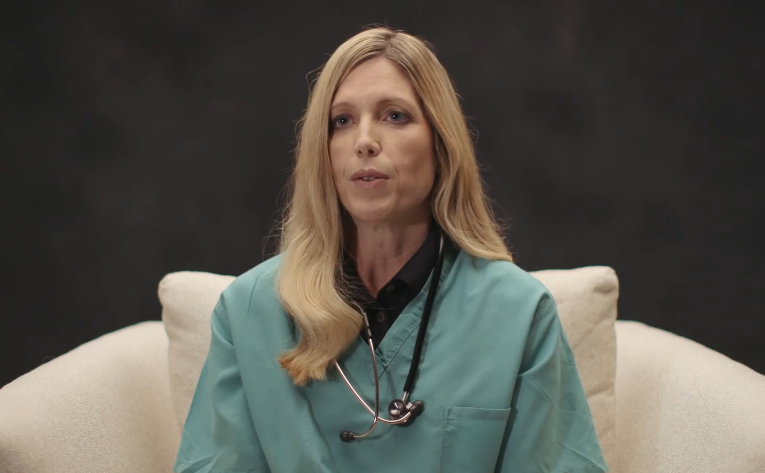Charlotte Lozier Institute (CLI), the research and education arm of Susan B. Anthony List, applauded the news that the U.S. Supreme Court will consider the constitutionality of pre-viability pro-life laws such as Mississippi’s ban on abortion at 15 weeks.
A growing body of scientific literature indicates unborn children can feel pain at least by halfway through pregnancy, if not earlier.
Describing fetal development at 15 weeks gestation, Tara Sander Lee, Ph.D., CLI’s senior fellow and director of life sciences and a co-author of the peer-reviewed report “The Perinatal Revolution,” said:
“Emerging science never shows the unborn to be less than human; rather, each advancement further reveals the humanity of the developing child in all its wonder.
“Unborn babies at 15 weeks gestation have fully formed eyebrows, noses and lips. They can taste and make facial expressions, yawn, hiccup, swallow, and suck their thumbs. The baby’s fully formed heart pumps about 26 quarts of blood per day. Most of his or her body responds to light touch, and the child can start moving each finger separately. Boys and girls even move differently in the womb. Moreover, we know that pain receptors start to develop at seven and a half weeks gestation and by 15 weeks, brain structures are mature enough to process pain. Painful procedures elicit a hormonal stress response.
Follow LifeNews on the MeWe social media network for the latest pro-life news free from Facebook’s censorship!
“Viability as understood in 1973 is a relic – with today’s technology, premature babies are increasingly able to survive at 22 weeks or even earlier with active care. We hope the Court will take this opportunity to catch up to science and reconsider Roe’s arbitrary and unscientific standard for the protection of unborn human life.”
Neonatologist Colleen Malloy, M.D., a co-author of the report (pictured), added:
“Through both surgical and non-surgical intervention, physicians today can treat dozens of conditions in utero – including spina bifida, as well as vascular, endocrine, cardiac, and hematologic conditions – before the baby is born. Fetal surgery has been shown to improve outcomes for many of these children, by preventing or mitigating long-term medical problems. In every fetal surgery, the mother and the baby or babies receive the best care–including pain relief–that modern medicine can provide. As the Perinatal Revolution continues, and providers grow in skill and expertise in treating the ‘patient within the patient,’ we refine our abilities and increase our opportunities to provide life-altering options for families.”








